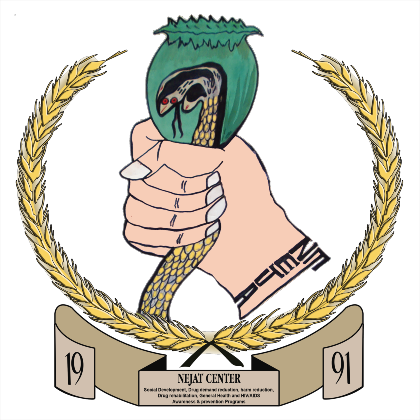Economic Resilience and Livelihood in NDRC NGO
The NDRC is committed to enhancing economic resilience and supporting livelihoods for communities affected by disasters and crises. Our initiatives focus on building sustainable economic opportunities that empower individuals and strengthen local economies.
Key Components of NDRC’s Economic Resilience and Livelihood Programs:
- Skills Training and Vocational Education: NDRC offers training programs that equip individuals with marketable skills, such as carpentry, tailoring, and agricultural techniques. This helps participants enhance their employability and income-generating potential.
- Microfinance and Small Business Support: We provide access to microfinance services, including small loans and financial literacy training, to help individuals start or expand small businesses. This support fosters entrepreneurship and stimulates local economies.
- Agricultural Development: NDRC promotes sustainable agricultural practices and provides resources such as seeds, tools, and technical support to farmers. This not only improves food security but also boosts agricultural productivity and income.
- Market Access and Value Chain Development: We facilitate access to markets for local products by supporting value chain development. This includes connecting producers with buyers, enhancing product quality, and promoting local goods.
- Disaster Risk Reduction and Preparedness: NDRC integrates disaster risk reduction strategies into economic resilience programs, helping communities develop contingency plans and diversify income sources to better withstand future shocks.
- Community-Based Programs: We engage local communities in identifying their specific economic needs and designing programs that reflect their priorities. This participatory approach ensures that interventions are relevant and effective.
- Monitoring and Evaluation: NDRC continually assesses the impact of its economic resilience and livelihood programs to adapt and improve strategies based on community feedback and changing circumstances.
Peace Building and Social Reintegration in NDRC
The NDRC is dedicated to fostering peace and social cohesion in communities affected by conflict, disasters, or social unrest. Our peacebuilding and social reintegration programs aim to address underlying tensions, promote dialogue, and facilitate the healing process for individuals and communities.
Key Components of NDRC’s Peace Building and Social Reintegration Programs:
- Conflict Resolution and Mediation: NDRC provides training in conflict resolution techniques and mediation skills to community leaders and local stakeholders. This empowers them to address disputes peacefully and foster understanding among diverse groups.
- Community Dialogue and Engagement: We facilitate community dialogue sessions that encourage open communication among different groups. These platforms promote trust-building and help address grievances, fostering a sense of belonging and unity.
- Psychosocial Support: Our programs include psychosocial support for individuals affected by violence or trauma. We offer counseling services and support groups to help individuals process their experiences and rebuild their lives.
- Reintegration Programs for Former Combatants: NDRC implements social reintegration programs for former combatants, providing vocational training, livelihood support, and community engagement activities. This helps them transition back into society and contribute positively.
- Youth Engagement and Empowerment: We engage youth in peacebuilding initiatives, promoting leadership and active citizenship. Youth programs focus on education, skill development, and involvement in community service, helping to channel their energy toward positive outcomes.
- Promotion of Tolerance and Diversity: NDRC conducts awareness campaigns that promote tolerance, diversity, and respect for human rights. These initiatives aim to reduce prejudice and discrimination within communities.
- Monitoring and Evaluation: We continuously assess the effectiveness of our peacebuilding and reintegration programs, gathering feedback from participants and stakeholders to refine strategies and enhance impact.
